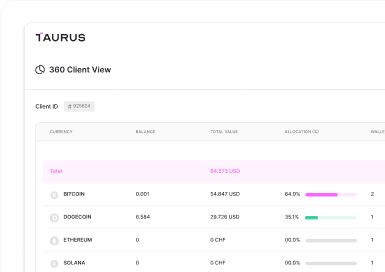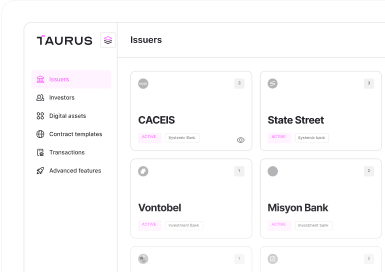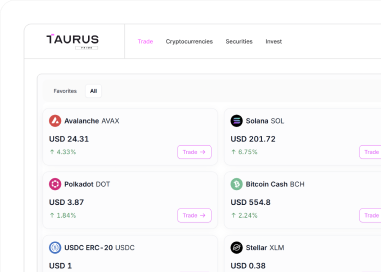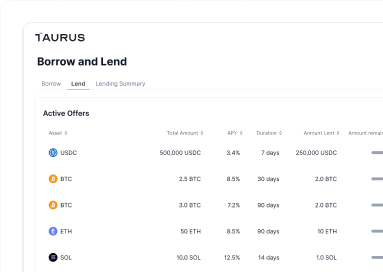Risks involved in investments in start-ups, early stage businesses and private equity
1. Risk warning
Investing in start-ups, early stage businesses and private equity involves risks, including illiquidity, lack of dividends, loss of investment and dilution, and it should be done only as part of a diversified portfolio.
To help you understand the risks involved when investing in shares, mini-bonds and funds, please read the following risk summary. Please invest aware and diversify your investments.
2. The need for diversification when you invest
Diversification involves spreading your money across different types of investments with different risks to reduce your overall risk. However, it will not lessen all types of risk. Diversification is an essential part of investing. Investors should only invest a proportion of their available investment funds via Taurus and should balance this with safer, more liquid investments.
3. Risks when investing in equity or funds
Investing in shares (also known as equity) does not involve a regular return on your investment, unlike mini-bonds which offer interest paid regularly.
Investing in a fund may help to diversify your investments and to spread the risk but general risks whileinvesting in equity continue to apply. Further specific risks are set out on the applicable fund pitch page.
Please bear in mind the following particular risks for equity and fund investments:
3.1 Loss of investment or tax relief
The majority of start-up businesses fail or do not scale as planned and therefore investing in these businesses may involve significant risk. It is likely that you may lose all, or part, of your investment. You should only invest an amount that you are willing to lose and should build a diversified portfolio to spread risk and increase the chance of an overall return on your investment capital. If a business you invest in fails, neither the company – nor Taurus – will pay you back your investment.
Tax relief may also be lost due to your personal circumstances or due to the activities of a company.
3.2 Lack of liquidity
Liquidity is the ease with which you can sell your shares after you have purchased them. Buying shares cannot be sold easily. Even successful companies rarely list shares on exchanges. In addition, if you purchase certain share classes (e.g. B shares), these may be non-voting shares and may not be attractive to potential buyers.
3.3 Rarity of dividends
Dividends are payments made by a business to its shareholders from the company’s profits. Many of the companies admitted to trading are start-ups or early-stage companies, and these companies will rarely pay dividends to their investors. This means that you are unlikely to see a return on your investment until you are able to sell your shares. Profits are typically re-invested into thebusiness to fuel growth and build shareholder value. Businesses have no obligation to pay shareholder dividends.
3.4 Dilution
Any investment in shares may be subject to dilution in the future. Dilution occurs when a company issues more shares. Dilution affects every existing shareholder who does not buy any of the new shares being issued. As a result, an existing shareholder’s proportionate shareholding of the company is reduced, or ‘diluted’ - this has an effect on a number of things, including voting, dividends and value.
Some companies proposing equity investment offer ordinary shares, which may include pre-emption rights that protect an investor from dilution. In this situation, the company must give shareholders with ordinary shares the opportunity to buy additional shares during a subsequent fundraising round so that they can maintain or preserve their shareholding. Please check the Articles of the company to see if the shares you are buying will have these pre-emption rights. Most companies do not offer pre-emption rights for certain share classes (e.g. B shares).
4. Risks when investing in convertibles
A convertible is an investment for equity in a company where shares will be issued at a future date. Usually, the shares will be issued when the company completes a larger round of investment. A convertible allows a company to raise equity finance without setting a valuation - the valuation will be set by the subsequent investment round or at an agreed valuation on a longstop date.
It is important to remember that investing in a convertible is the same level of risk as investing directly for equity in a start-up company and your capital remains at risk.
It is also important to remember that the terms of convertibles can vary from deal to deal and it is important that you read the applicable terms.
5. Loss of investment and interest payments
Issuers, like all businesses, are vulnerable to financial difficultly and investing in mini-bonds may involve significant risk of default. In the event of an issuer being unable or unwilling to meet payments of interest and capital, it is likely that you may lose all, or part, of your initial investment and receive no outstanding or future interest payments.
If a business you invest in fails, neither the company you invest in – nor Taurus – will pay you back your investment. You should only invest an amount that you are willing to lose and should build a diversified portfolio to spread risk.




